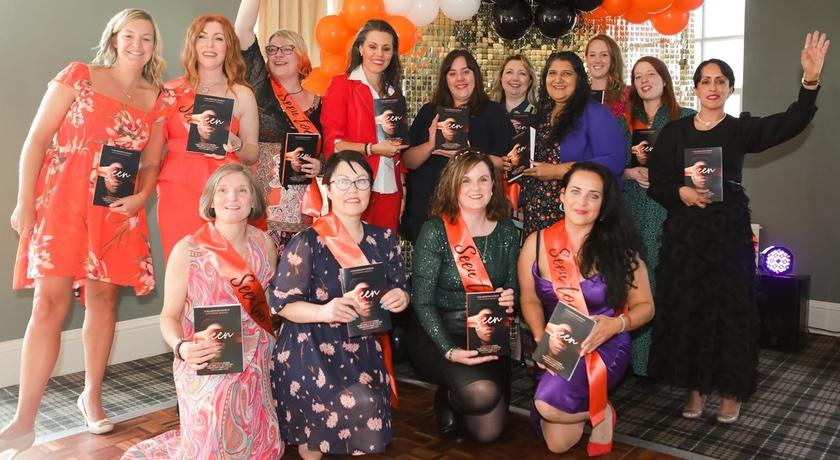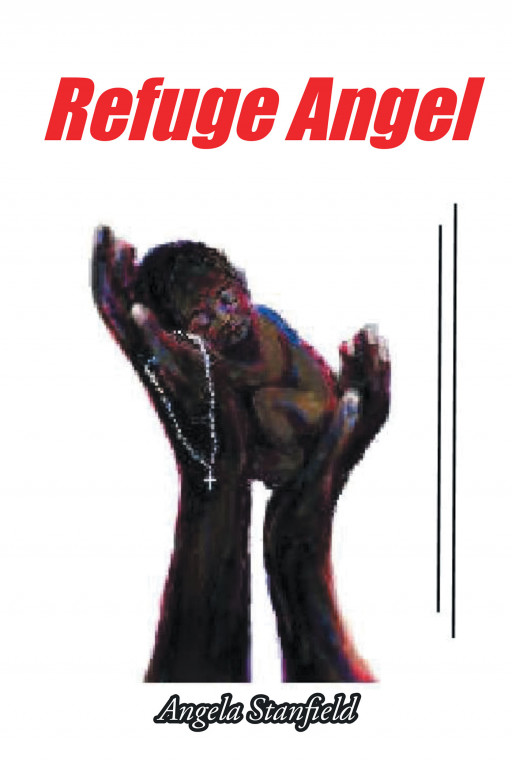#BookReview: A Whale of a Moment with Author of Ballito, Former Union Whaling Company Chemist and Plant Manager

The actions of people from a bygone era should be judged in the context of what was deemed appropriate at the time, and not necessarily by today’s standards.
As a former whaler, few understand this better than Ballito’s self-published author Peter Froude (83), who has written two books chronicling his 20 years as a whaler and chemist working for the Union Whaling Company (UWC).
‘A Whale of a Time’ was published last year, four years after his first book ‘Chasing Whales Around the Antarctic’.
His first book tells the story of his early years working as a chemist aboard two ships responsible for harpooning whales in the Antarctic in the 1960s, while his second tells of whaling operations along the coast of Durban, as well as the years of UWC.

A thriving whaling industry existed along the KZN coast, with Durban as its main base.
Froude’s unexpected involvement in industry came when he had to find holiday jobs to fund his expensive medical studies at university in the mid-1950s.
After completing his first year of medicine at the University of Natal as it was then called, the university offered no courses beyond that.
He had to continue his education in the Western Cape, but was unlikely to save enough through holiday jobs to fund the additional five years needed to complete his qualifications.

Instead, he chose to enroll in Pietermaritzburg, majoring in chemistry and zoology with the idea of returning to medicine later.
He took on all sorts of odd jobs to earn a living before landing a permanent and lucrative job at UWC.
He was first employed on a temporary basis for eight months and earned enough to fund three years of study.
But in the middle of his final, he received a call offering him a permanent job with the company, working as a chemist on an Antarctic factory ship.

Froude had to finish his studies and his exams before leaving. The deputy director of the university came to his rescue by allowing him to write his exam papers one after another in advance.
“Before I knew it, I was on board the little whaling ship heading south.”
He spent four summers in Antarctica and eventually 17 years with UWC as plant manager.
It is believed that whaling began in South Africa at Cape Town in the 1790s, when whalers had to go out in rowing boats.
This method was modernized in the mid-1860s with steamships armed with swiveling harpoon guns.
It was common knowledge in the early 20th century that more whales passed near Durban’s shores than any other coastal city in the world.

In his books, Froude chronicles the growth of the whaling industry around KwaZulu-Natal as companies built empires on the back of trade.
Whales were hunted for their oil, but eventually the availability of kerosene, oil and other fossil fuels caused the industry to plummet, while pressure from conservationists to protect whale populations in decline also contributed significantly.
Whaling continued in South Africa until 1975, when UWC closed. It will continue production until the end of 1976, with products still being made from reserve stocks.
In 1978 Froude became the last UWC employee before venturing into the oil industry.
He strongly believes that if whaling had been controlled and not overexploited, whaling could have continued without causing devastation to whale populations.
“Whaling could have remained a rich source of food for the world if conservation efforts had been implemented in time,” he said.
Froude’s books are available at R240 per copy. Contact him on 084 506 0210.
For the latest news, follow The North Coast Courier on Facebook, Twitter, instagram and Youtube.
Join our Telegram broadcast service at: https://t.me/joinchat/yJULuN8NaCs5OGM0
Join our WhatsApp broadcast service: Just add 082 792 9405 (North Coast Mail) as a contact on your phone, and WhatsApp your first and last name to the same number to add.





